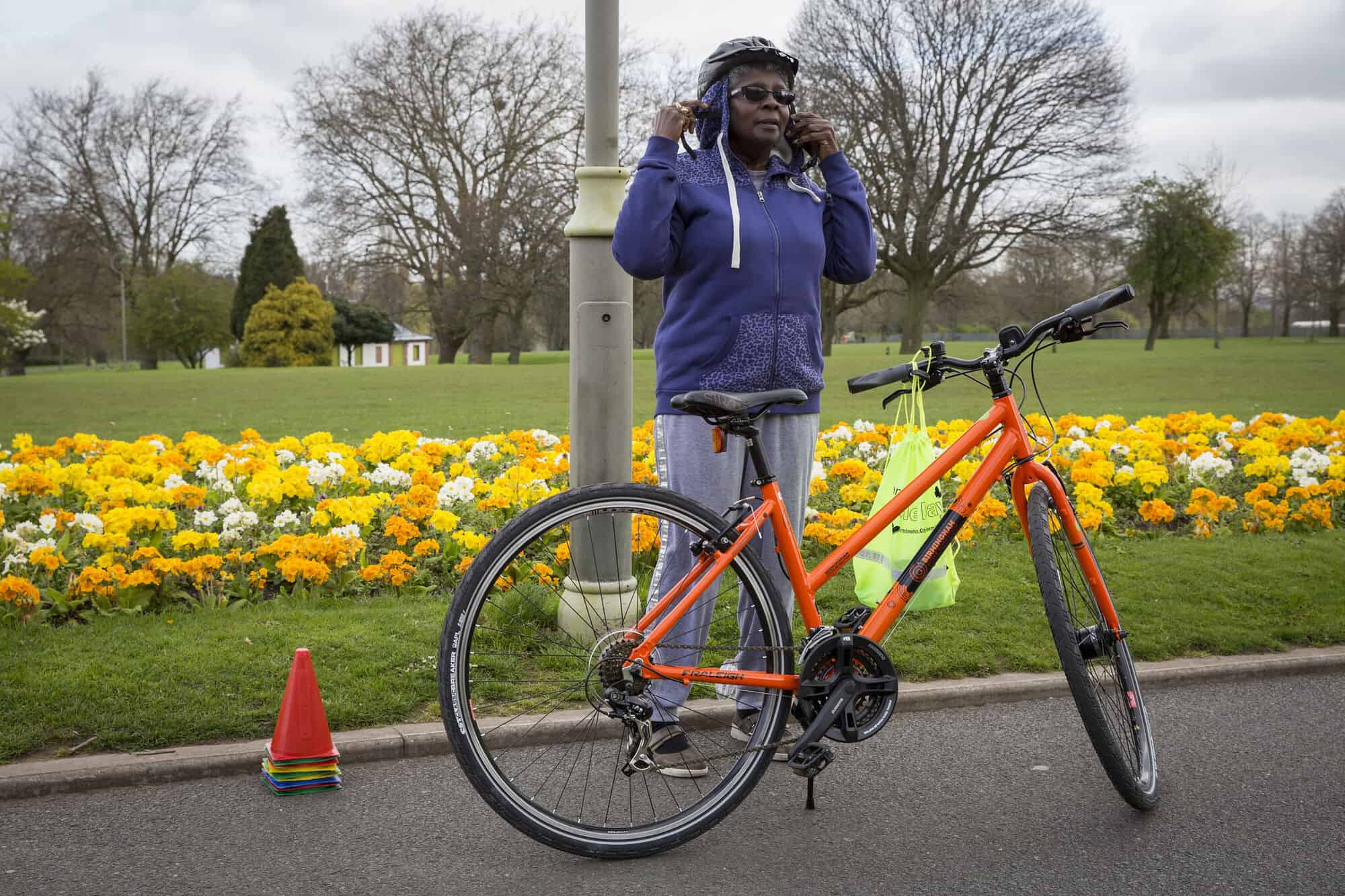By Simon Brammer, head of cities at Ashden, and Simeran Bachra, UK cities manager at CDP
This piece first appeared at Room 151
Across the country, local authorities have been on the frontline of the Covid-19 pandemic, supporting their communities in a time of great economic and social need. On top of this, local financing finds itself at the sharp end of the climate crisis.
And local councils are taking action: 19 local authorities, representing 25% of the UK population, disclosed their climate and environmental data to CDP in 2019, and Ashden has been facilitating a network of sustainability leads across the country’s Metro Mayor city regions and London for the last two years.
Both organisations brought together more than 100 UK-based council climate officers to discuss how the pandemic is impacting local climate action, reflecting on how local authorities can build back better post COVID-19.
The consensus amongst the group was that we need to respond to the climate crisis with the same urgency and scale with which we’ve responded to the Covid crisis.
Responding to the climate and Covid-19 emergencies
As the pandemic spread across the globe, we have seen unprecedented levels of change and investment from local government-with cities from Milan to London re-engineering roadways for pedestrians, public transport, and cyclists, both to maintain social distancing and reduce emissions.
More than half (53%) of councils surveyed said they thought citizens were more concerned about climate change amid Covid-19. People living in cities have seen air quality improving, demonstrating the positive opportunities presented by a post-Covid world. Jackie Homan of the West Midlands Combined Authority (WMCA) told us: “People have seen things transformed and want to keep them that way.”
Evidenced by WMCA’s online consultation, 33% of the city’s residents also said that active travel was their preferred choice for taking action on climate change. Social distancing is possible through active travel and can also result in a drop in air pollution, which is linked to better public health. These changes deliver the dual purposes of protecting us from the virus and move us towards a greener and more resilient “normal”.
What does a city’s green recovery look like?
In total, 59% of councils said they are actively planning a green recovery. There is a real opportunity to rethink local authority financing, with increased budgets and measures to ensure they are climate safe and resilient to shocks.
Several councils, including Bristol City Council, have made longer-term investments in renewables, which has remained a source of income throughout the Covid-19 pandemic. In order to reduce their scope three emissions, Bristol has also been proactive in setting up partnerships. ‘The City Office’ works collaboratively, in thematic boards to deliver against Bristol’s net-zero targets, with wide support from the city council, Chamber of Commerce and Extinction Rebellion.
Bristol sees huge potential in the construction sector, delivering large-scale retrofit programmes and stimulating private sector investment, whilst also generating much needed green jobs, as millions across the country find themselves out of work.
A number of local authorities like West Berkshire, Leeds and Warrington are proposing to use an ethical crowdfunding platform—Ashden Awards winner—to deliver ‘municipal bonds’. This will enable them to invest in green infrastructure projects, offering citizens a good return on their savings, while making their towns and cities more resilient to future shocks. Hackney are already making good progress on divesting their pension funds from fossil fuels.
UK councils can also look to the European Union to understand how other cities are building back better after Covid-19. While striving to keep citizens safe in the Dutch capital, Amsterdam has adopted the so-called “doughnut” economic model as a way to grow with the planet’s environmental limitations.
Creativity makes climate action on tight budgets possible
It’s clear that local councils are under huge pressure to tackle Covid-19, with many climate staff being redeployed to support these efforts. Now more than ever, financial pressures on councils are enormous, with one council representative telling us they estimate an economic impact of at least £30m from the pandemic. So, how can a green recovery be delivered under this pressure?
A third (33%) of councils said they need more infrastructure funding to stay on track with their climate plans. Whilst 23% and 19% respectively said they need more staff capacity and more revenue to stay on track.
Whilst there is considerable uncertainty about future funding sources, it’s clear that council leadership and partnership are key to leveraging private sector funding to deliver against climate ambition beyond the city or town hall.
Building such alliances requires local councils to garner the support of councillors and leaders whose priority isn’t climate. Ashden’s Co-benefits Toolkit is designed specifically for that purpose, showing how well designed climate policies can deliver against a raft of other local priorities simultaneously.
As we recover from this pandemic, we need urgent climate action from local councils. To do this, all city councils must transparently disclose climate actions to progress towards targets, and proactively engage with key stakeholders. In this way, local councils can build a new normal that works for both people and planet.

